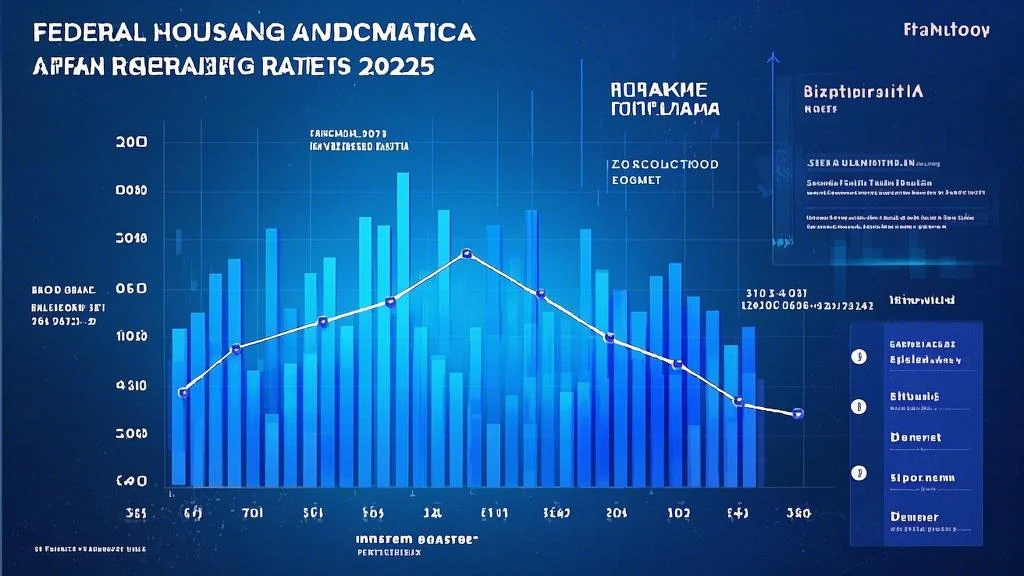In today’s economy, managing your credit score has never been more crucial. Lenders use credit scores to assess risk and determine interest rates, significantly affecting refinancing options. A strong credit score can lead to lower refinance rates, saving thousands over time. This article explores how credit scores influence refinancing and offers practical advice to improve them. Understanding this impact can empower you to secure better terms and achieve financial stability.

Enhancing your credit score involves strategic steps like maintaining good payment history, managing credit utilization, and regularly monitoring your report. These actions can lead to lower refinancing costs and better rates. By prioritizing credit health, you can navigate economic challenges more effectively and secure a stable financial future. This guide provides actionable tips to boost your credit score and make informed refinancing decisions.
The Role of Credit Scores in Refinancing
Credit scores are a critical factor in determining refinancing rates. Lenders evaluate borrowers based on their creditworthiness, which is quantified through credit scores. Higher scores typically translate to more favorable terms. This section explores why credit scores matter and how they affect refinancing outcomes.
Understanding Credit Scores
A credit score condenses financial history into a three-digit number, reflecting creditworthiness. Scores range from 300 to 850, with higher being better. Factors like payment history, credit utilization, and credit history influence scores. Each factor’s weight varies, but payment history is most significant. A good score (above 700) indicates reliability, making you a preferred borrower for lenders.
Impact on Refinancing Rates
Lenders offer lower rates to those with higher credit scores, as they perceive less risk. Even a small score improvement can lead to better terms. For instance, a score increase from 650 to 700 might qualify you for a lower interest rate, reducing monthly payments. In today’s economy, competitive rates are vital, especially with fluctuating mortgage rates. A strong credit score positions you to take advantage of favorable refinancing options.
Current Economic Landscape
Economic challenges like inflation and rising interest rates have tightened lending standards. Lenders may require higher credit scores for approval. Staying informed about these trends is crucial. Enhancing credit scores can help meet stricter criteria and secure better terms, ensuring you’re prepared for economic uncertainties.
Maintaining Good Credit Habits
Beyond understanding credit scores, adopting good habits is essential. Consistently paying bills on time improves your score. Monitoring your credit report for errors or inaccuracies can also enhance your score. A proactive approach to credit health is vital for maintaining favorable refinancing options.
Strategies to Improve Credit Scores
Improving credit scores requires practical steps. Focus on paying on time, managing debt, and monitoring your credit. These actions can lead to lower refinancing costs and better rates. This section provides actionable tips to boost your credit score.
Payment History
Paying bills on time is the most impactful factor. Set reminders or automate payments to avoid missed deadlines. Even a single late payment can damage your score. Consistent on-time payments gradually improve your score, showcasing reliability to lenders.
Credit Utilization
Keep credit card balances below 30% of their limits. High utilization signals potential financial strain. Paying off balances monthly minimizes debt and avoids negative marks. Maintaining low utilization shows responsible credit management.
Credit Mix
Having a mix of credit types (credit cards, loans) can improve your score. Managing diverse credit responsibly indicates financial stability. Avoid excessive credit inquiries, as they can harm your score.
Checking Credit Reports
Regularly review your credit report for errors. Dispute inaccuracies, ensuring your report accurately reflects your financial situation. A clean report can lead to a higher score.
Building and Monitoring Credit
If your credit history is limited, build it by securing a credit card. Use it sparingly and pay off balances monthly. Over time, this establishes creditworthiness. Continuously monitor your score to track improvements and identify areas for growth.
By improving credit scores, you enhance your refinancing options and secure better terms. Prioritize good financial habits and actively manage your credit health. In today’s economy, a strong credit score is a valuable asset. Take control of your financial future by enhancing your credit, leading to long-term savings and stability.